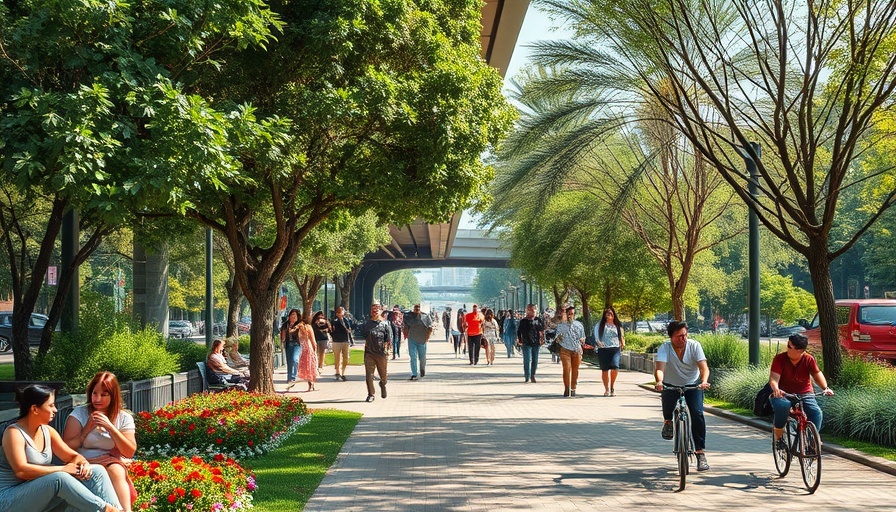
The Incident That Sparks Controversy
A recent incident in Miami Beach involving a cyclist and local police has reignited a debate about law enforcement tactics and the treatment of individuals in urban settings. Vladimir Tvarodazz, an engineer, was arrested after allegedly touching a police cruiser while riding his bike in a designated bike lane. According to police, Tvarodazz caused damage to the vehicle and resisted arrest, but he argues that he merely touched the car to maintain his balance and avoid a potential collision.
In 'Cyclist claims Miami Beach police arrested him for touching a police car,' the discussion dives into the complexities surrounding urban cycling and police interaction, prompting us to explore the societal implications further.
Conflicting Narratives: Cyclist vs. Police
The contrasting accounts of the incident raise questions about public safety and police protocols. Tvarodazz claims he was dodging another cyclist and barriers when he inadvertently made contact with the cruiser. Meanwhile, police maintain that his actions were intentional and flagrant, resulting in charges of felony resisting arrest and disorderly conduct. This discrepancy is further complicated by the presence of undercover operations in the area targeting illegal activities, leaving room for confusion in high-stress situations.
The Community’s Response
Support for Tvarodazz has emerged from unexpected places, including a local priest who advocates for his character, calling him a kind and faithful parishioner. In a world where social media can quickly amplify issues, this case has gained traction, shedding light on the complexities of law enforcement interactions in urban environments.
Looking Ahead: What It Means for Miami
This incident underscores the ongoing tension between cyclists and police in bustling cities like Miami Beach. As urban mobility evolves, discussions about bicycle safety, police presence, and community engagement become increasingly important. Tvarodazz’s plight could serve to illuminate broader issues around the rights of cyclists and the responsibilities of law enforcement, suggesting a need for policy reform and more nuanced dialogues around public safety practices.
 Add Row
Add Row  Add
Add 



Write A Comment